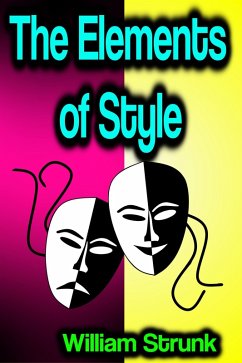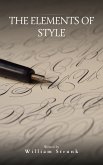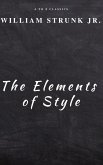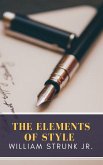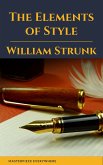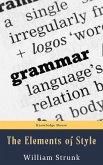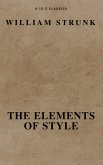The Elements of Style William Strunk - The Elements of Style is a prescriptive American English writing style guide in numerous editions, originally composed by William Strunk Jr. in 1918. It comprises elementary rules of usage, elementary principles of composition, a few matters of form, a list of words and expressions commonly misused, and a list of words often misspelled.Time and again people fall in love with good writers. Words are powerfully seductive. A unique combination of them can be the key to someones heart.Elements of Style, by William Strunk, is a stable cornerstone on which to build your writing skills. Written in the storied hallways of Cornell University, the guide has been read and examined by thousands of eager eyes.Elements of Style has grown to become the American English writing style guide often required in U.S. high school and university composition classes. It includes: 8 rules of usage 10 principles of composition List of commonly misused words and expressions and a few matters of formIn addition, this new updated edition includes chapters on: Texting Style Emailing StyleThis elegantly typeset edition is the most relevant one for todays good writers.
Dieser Download kann aus rechtlichen Gründen nur mit Rechnungsadresse in A, B, BG, CY, CZ, D, DK, EW, E, FIN, F, GR, H, IRL, I, LT, L, LR, M, NL, PL, P, R, S, SLO, SK ausgeliefert werden.

